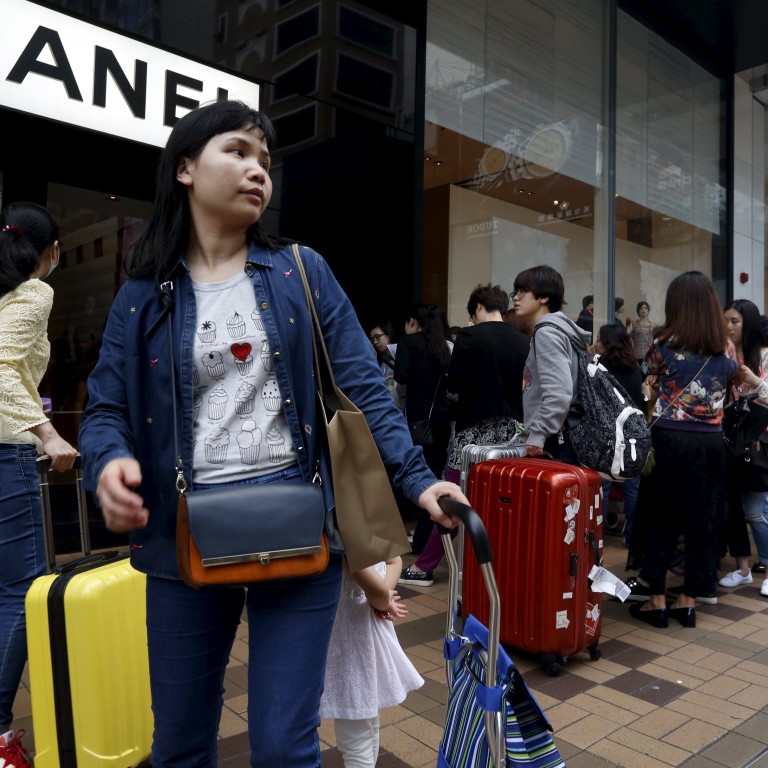
Educated, web-savvy pleasure-seekers: how China’s millennials are changing the face of the consumer sector
China’s millennials are becoming an increasingly powerful consumer group. Better educated, more pleasure-seeking and internet-savvy, the generation tends to spend more on high quality goods and services, preferring online stores to bricks and mortar retailers to the benefit of brands with innovative designs over traditional players in the sector.
Having grown up when China’s economy expanded strongly and having enjoyed the undivided attention of parents and family due to the country’s "one-child policy", China’s millennials have virtually no experience of economic hardship and tend to enjoy a comfortable lifestyle, especially when compared to their generally frugal parents.
"They are well-educated, have sustainable earning power, and have a strong desire to spend on upgrades", Credit Suisse said in a recent research report. More than 50 per cent of the 20-to-30-year-old generation have a college degree or above, “ensuring the sustainability of their earning power".
Meanwhile, their parents usually have high savings, free apartment and medical coverage from state-owned enterprises, leaving less financial pressure on millenials.
Boosted by stronger earning power and the desire to spend, this relatively affluent generation should contribute 35 per cent to the country’s total consumption by 2020, up from 15 per cent in 2014, as they become the core of China’s future middle class and the older generation with lower income fades out, according to forecasts by AC Nielsen."Growing together with China’s Internet industry, the generation born in the 1990s can be called the natives of the Internet," Shenzhen-based Guoyuan Securities said in a note last month.
They are well-educated, have sustainable earning power, and have a strong desire to spend on upgrades
About 60 per cent of those born then spend over three hours daily surfing the internet on their smartphones, according to a 2014 survey by 360 Internet Security Centre, run by Nasdaq-listed technology firm Qihoo. Another survey by China Internet Network Information Centre, a government body, showed that 20 to 29-year-olds accounted for over 50 per cent of online shoppers in 2014. Due to the changes in those young consumers’ shopping behaviour and the robust development of internet commerce, analysts from Credit Suisse forecast an increasing demand for those "young" brands with innovative designs or pleasant service and experience, such as home-grown sportswear manufacturer Anta, snack-food supplier Three Squirrels, online retailers Taobao and Tmall, and car-sharing app Didi Kuaidi.
In addition, the younger generation, who tend to live in the moment rather than for the future, enjoy a more comfortable and relaxing lifestyle than the previous generations, benefiting those companies that provide online travel service for tourists, analysts from China Galaxy Securities said in a report earlier this year.
In contrast, traditional consumer companies who used to have an edge in distribution may be losing their competitive advantage, analysts from Credit Suisse warned, naming food and beverage distributor Tingyi, food manufacturer Want Want, and footwear retailer Belle as among those traditional players exposed to the rapid market changes.

